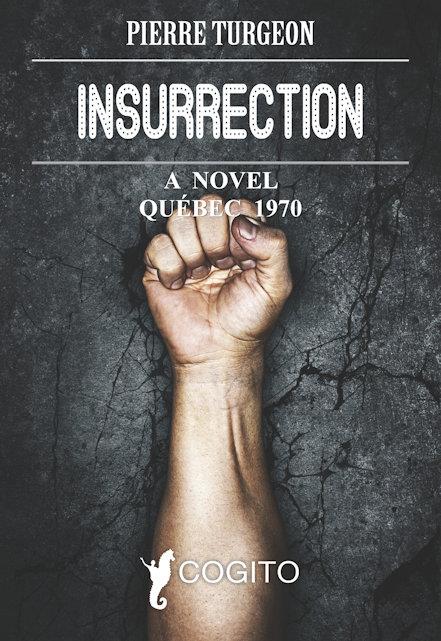About the Book
Insurrection Cogito, 2020
The story of Insurrection! begins in June 1968 and ends in the winter of 1970. The action takes place in Quebec, often in Montreal, but also in those other places where the fate of October was prepared and played out. For it is the October Crisis and the events that prepared for it that Pierre Turgeon has staged in this surprising novel where all the characters of this incredible outfit come to life. And they are all there: the hunters, the victims, the hunted, the witnesses. With a rare talent and using the daring freedom of the novelist, Pierre Turgeon has created characters based on the real people who made October. While the writer does not claim to compete in any way with the objective truth of the historian, he makes a vow of fidelity to the truth of the human being and his time. This truthfulness of heart and time animates each page of Insurrection! and the reader is soon swept away in this fantastic whirlwind of passions. Insurrection! is made of love, rage, pride, courage, fear, and compassion too. It has the color of the days and the smell of the late seventies. It is woven of all those little things that make life and history…





